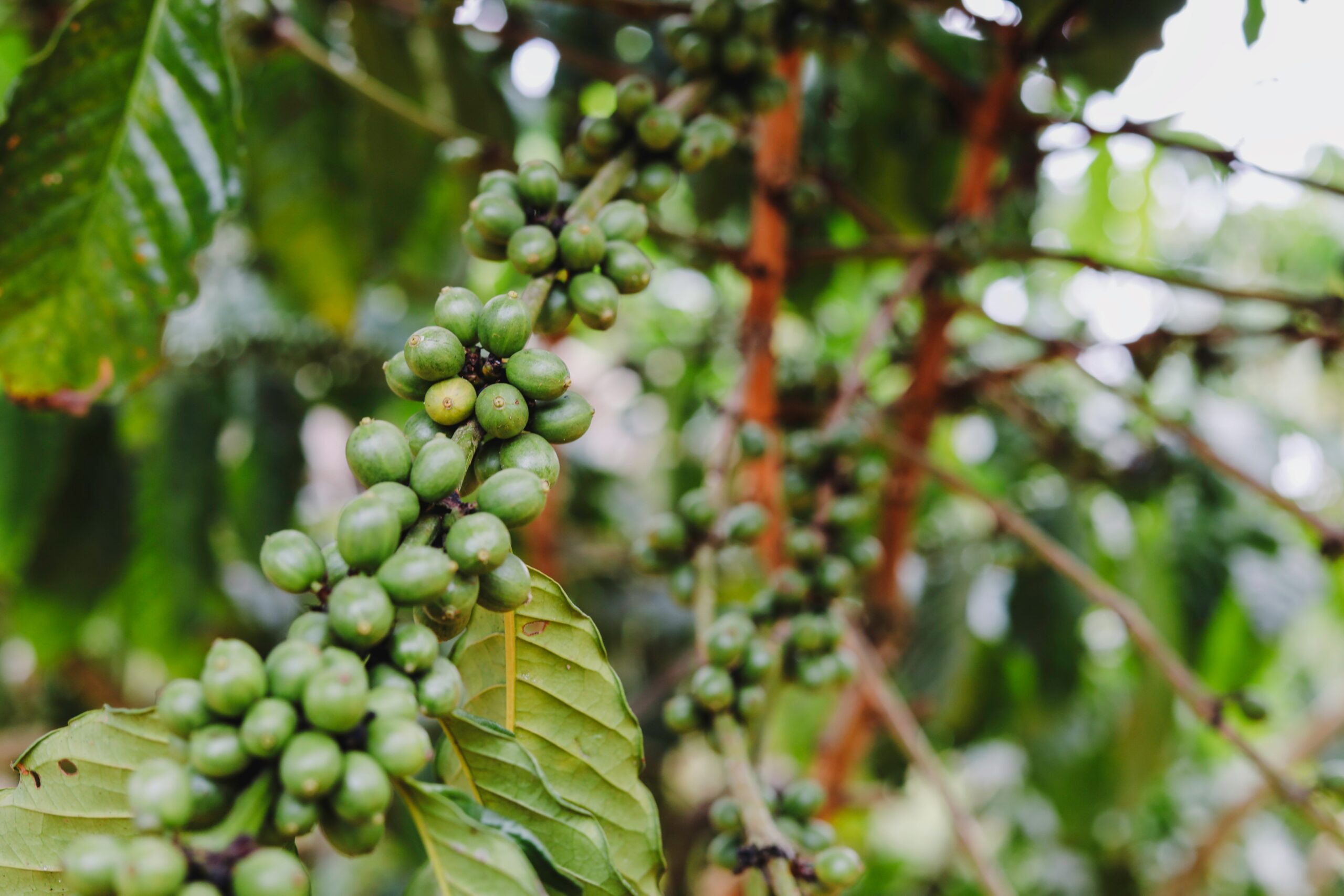
Loose Leaf Tea vs Tea Bags: What Is the Real Difference?
When choosing tea, one of the most common questions is whether loose leaf tea is better than tea bags. While

Uganda is a landlocked country in East Africa, bordered by Kenya to the east, Tanzania to the south and Rwanda to the southeast and the Democratic Republic of Congo (DRC) to the west. This vibrant country, known affectionately as the Pearl of Africa, has a history of conflict, corruption, colonisation and civil war. These days the political climate is far more stable which has allowed for economic growth and has attracted foreign investment.
Uganda is the eighth biggest producer of coffee in the world and exports 91% of the coffee it produces. Eighty percent of coffee grown in Uganda is Robusta coffee, with 20% being Arabica coffee, although this is slowly changing. Most of the coffee produced is exported to Europe, but a large quantity is allegedly smuggled across the eastern border to Kenya.
Uganda coffee exports currently amount to 5 million 60 kilogram sacks annually but thanks to EU funding, their coffee roadmap aims are to be producing up to 20 million sacks by 2030.
Uganda coffee is typically grown on smaller plantations, some less than an acre, with over a million plots like this throughout the country. There are several larger plantations on the lower plains of Uganda which have formed cooperatives to help with production and exportation of their coffee beans.
Historically, the mountainous regions of Uganda made the perfect climate for growing Arabica coffee beans. The higher altitudes, lower rainfall and cooler temperatures are more conducive to producing these rich coffee beans. However, foreign investment has led to farmers becoming more knowledgeable about the quality of beans over quantity, and more and more farms are growing Arabica beans at lower altitudes as well to encourage a different flavour profile and more profitable crops.
In the southeast, the slopes of Mount Elgon and around Sipi Falls produce mainly Robusta beans. Mount Elgon sits close to the border with Kenya is the oldest volcano in Uganda. The rich minerals in the soil here nourish the coffee plantations.
In the west on the border with DRC are the Rwenzori Mountains, the ‘Mountains of the Moon’, where coffee is grown prolifically on terraced farms and wild coffee plants are scattered across the slopes. For flavour profile, think spices such as cloves, and a rich, berry taste. This unusual Rwenzori coffee from Uganda is not to be missed.
The West Nile region of Uganda is the lowest coffee growing region and has a lush, warm and wet climate. The seasonal rains and warmer temperatures are perfect for growing Robusta coffee beans.
Robusta coffee is indigenous to Uganda, and it grows wild across certain regions here. Uganda is the fourth biggest producer of Robusta coffee beans in the world. Robusta coffee beans are primarily used in instant coffee and espresso thanks to their bitter, rich, nutty flavour profile.
Coffee roasters in particular love the deep smokiness of Ugandan Robusta coffee, which has a slight acidity to the taste, making it a perfect for a delightful and strong espresso ground coffee.
Arabica Uganda coffee was introduced by Ethiopia in the early 1900s. It accounts for less exports than Robusta coffee beans, but this is changing. As Ugandan coffee grows in reputation, there is more emphasis on quality coffee beans than quantity. The unique flavour profile of Arabica produced in Uganda makes it ideally suited to specialty coffees and Uganda coffee is fast becoming known for the sweet, citrusy flavour notes of this up-and-coming African coffee.
A particular highlight is Bugisu coffee. This Arabica coffee bean is grown around the rich and fertile Sipi Falls and is known for its chocolatey, nutty flavour.
Check out our Penningtons Coffee for a delicious cup of hand-roasted coffee.

When choosing tea, one of the most common questions is whether loose leaf tea is better than tea bags. While

Burns Night is a celebration of Scottish heritage, poetry, and bold flavours. While whisky often takes centre stage on 25th